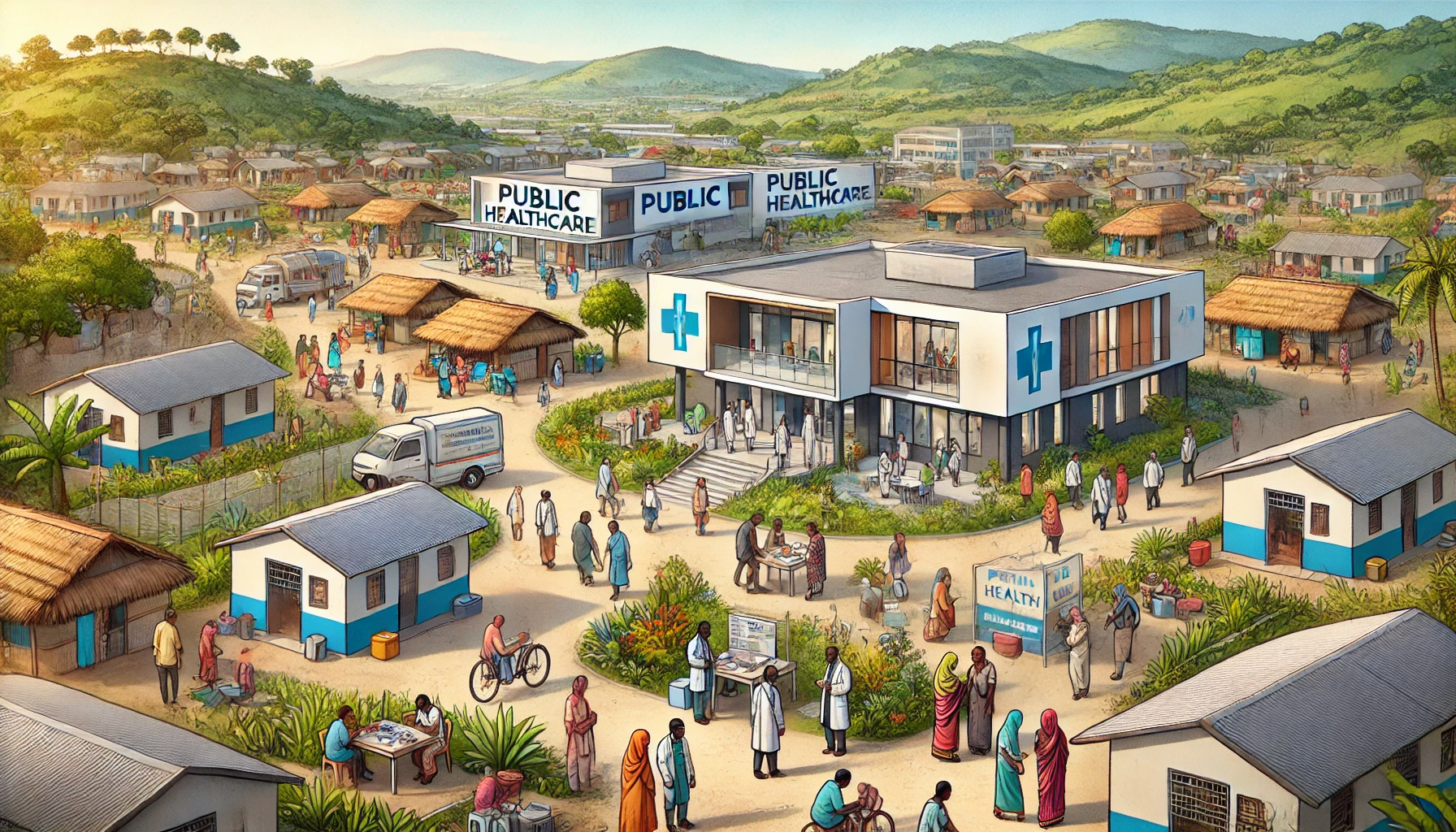IsDB Commits $10 M to WHO for HIIP to Strengthen Climate-Resilient Health Systems
The HIIP is an innovative collaboration between Multilateral Development Banks (MDBs), the WHO, and partner countries, focusing on developing and strengthening climate-resilient primary health care systems.

The Islamic Development Bank (IsDB) has committed a landmark US$ 10 million grant to the World Health Organization (WHO), aimed at launching the Health Impact Investment Platform (HIIP). The announcement was made during the UN Climate Change Conference (COP29) in Baku, Azerbaijan, on November 12, 2024. This pivotal contribution marks a significant milestone in IsDB’s ongoing efforts to enhance global health resilience, particularly in low- and middle-income countries facing climate-related health challenges.
The HIIP is an innovative collaboration between Multilateral Development Banks (MDBs), the WHO, and partner countries, focusing on developing and strengthening climate-resilient primary health care systems. This initiative aims to improve health systems' preparedness and response capabilities in the face of emerging climate threats, health crises, and natural disasters, especially in underserved regions.
With this US$ 10 million grant, IsDB will help WHO provide technical assistance to countries globally. This support will enable nations to assess their health investment needs and design tailored health projects that can attract co-investment from MDBs, ensuring efficient allocation of resources. The projects will prioritize areas with high potential for improving health outcomes, reinforcing health systems in the most vulnerable areas, and fostering long-term resilience.
The IsDB’s support is aligned with WHO’s priorities outlined in its Fourteenth General Programme of Work, which includes enhancing climate resilience and ensuring the full functionality of 10,000 health facilities worldwide, including through solar electrification. The partnership’s broader goal is to unlock at least US$ 500 million in investments for health projects, which is part of a collective effort to mobilize US$ 1.5 billion in concessional loans and grants for health improvements across the region.
“We are proud to support the Health Impact Investment Platform as part of our continued commitment to advancing universal health coverage and building resilience in our Member Countries,” said H.E. Dr. Muhammad Al Jasser, President of the IsDB. “Our partnership with WHO and other MDBs will scale up primary health care where it’s most needed, creating a solid foundation to withstand future health crises while addressing the immediate health challenges faced by communities globally.”
WHO’s Director-General, Dr. Tedros Adhanom Ghebreyesus, highlighted the need for sustainable financing to strengthen health systems in low- and middle-income countries, emphasizing the importance of primary health care in creating equitable and resilient health systems. “The Health Impact Investment Platform is a unique combination of WHO’s expertise and the financing power of the IsDB and other MDBs. Together, we can improve health outcomes globally and create a healthier future for all,” said Dr. Tedros.
The HIIP initiative represents a critical step toward building long-term health infrastructure capable of responding to both pandemics and the climate crisis, which increasingly poses risks to public health worldwide. By providing climate-resilient solutions and primary healthcare services, this platform will help meet the urgent health needs of vulnerable populations while addressing global health security.
The IsDB’s ongoing partnership with WHO and other global stakeholders demonstrates a commitment to sustainable development, with an emphasis on health equity, climate adaptation, and community well-being. As the world faces increasing health challenges related to climate change, this grant marks a crucial move towards securing the health and resilience of communities across the globe.
- READ MORE ON:
- Islamic Development Bank
- World Health Organization










